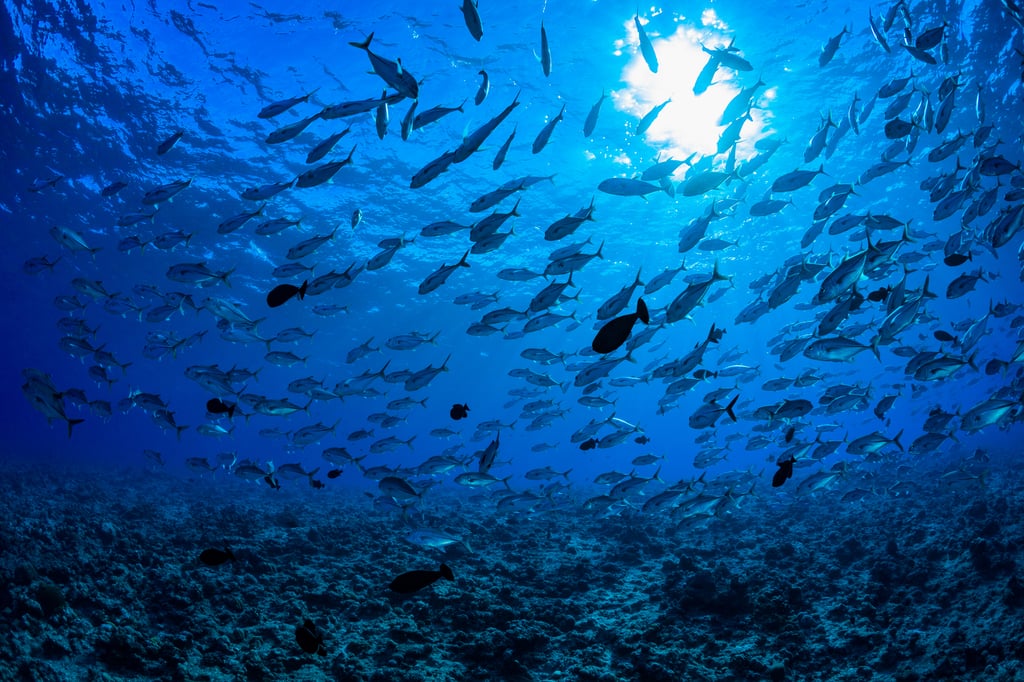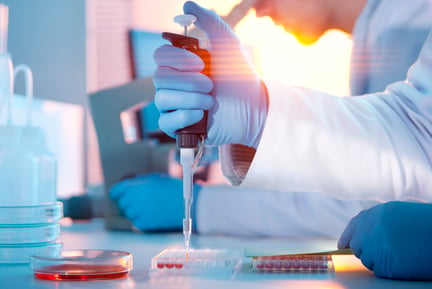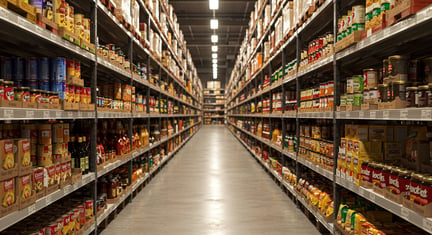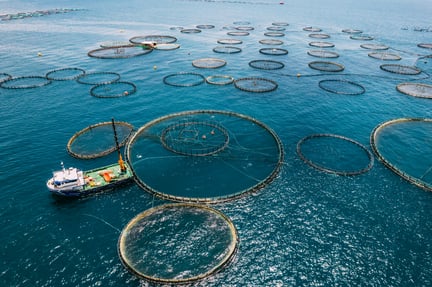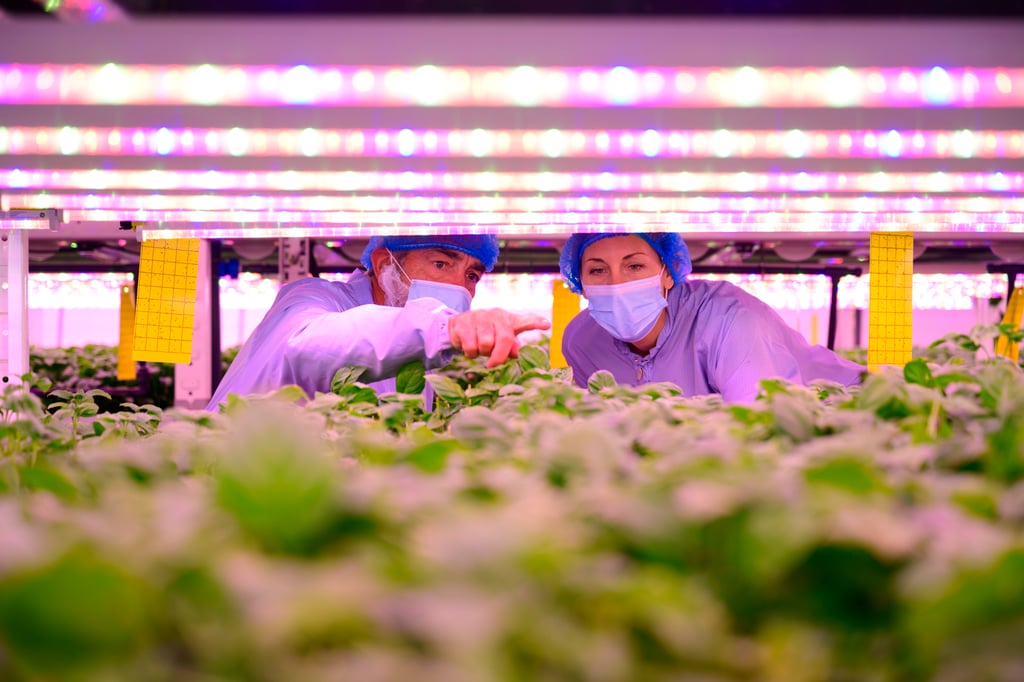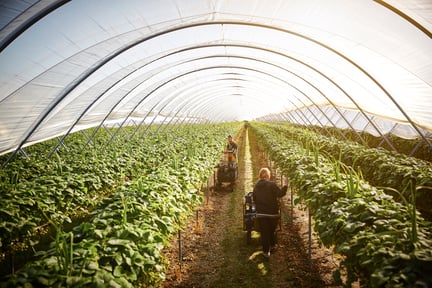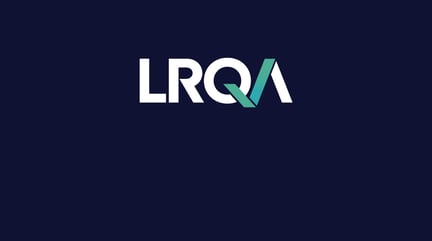As global consumer demand for seafood continues to rise, so do the associated risks.
From overfishing to climate change, the aquaculture and fisheries sectors face deep challenges in maintaining sustainability and mitigating environmental impacts. At LRQA, we recognise the importance of addressing these risks through robust certification to common seafood standards.
In the past decade, global seafood consumption has witnessed a steady increase, driven by factors such as population growth, changing dietary preferences, and the expansion of global markets. While seafood remains a vital source of nutrition and livelihood for millions worldwide, its burgeoning demand has placed unprecedented pressure on marine ecosystems. Overfishing, habitat destruction, pollution, and climate change are among the key threats facing our oceans today, demanding urgent action to safeguard marine biodiversity and ensure the long-term sustainability of seafood resources.
The role of certification
Certification to standards such as Global GAP, Global Seafood Alliance's Best Aquaculture Practices (GSA BAP), Aquaculture Stewardship Council (ASC), and Marine Stewardship Council (MSC) offers numerous benefits for businesses operating in the seafood sector. These standards bring together a range of criteria relating to environmental sustainability, social responsibility, and food safety – providing a comprehensive framework for best practice in aquaculture and fisheries management.
Sam Dignan, Technical Head of Seafood at LRQA, emphasises the critical role of certification in addressing these challenges: "Certification to common seafood standards provides businesses with a structured framework for managing risks and demonstrating commitment to responsible practices. By adhering to rigorous standards such as Global GAP, BAP, ASC, and MSC, companies can enhance transparency, traceability, and accountability throughout their supply chains."
By achieving certification to these common seafood standards, businesses in the seafood sector can demonstrate their commitment to sustainability, responsible sourcing, and environmental stewardship. Certification not only enhances market access and consumer trust but also helps mitigate risks associated with regulatory non-compliance, reputational damage, and supply chain disruptions.
Certification is more than just a badge of compliance; it's a testament to a company's dedication to sustainability and responsible business practices.
At LRQA, we are relentless in helping our clients demonstrate their commitment to sustainability and responsible sourcing through certification. Our experienced auditors and industry experts work closely with clients to assess compliance and identify areas for improvement.
As global seafood consumption trends continue to evolve, businesses in the seafood sector must prioritise certification in their pursuit of achieving sustainable practices and ultimately, future proofing their brand.
